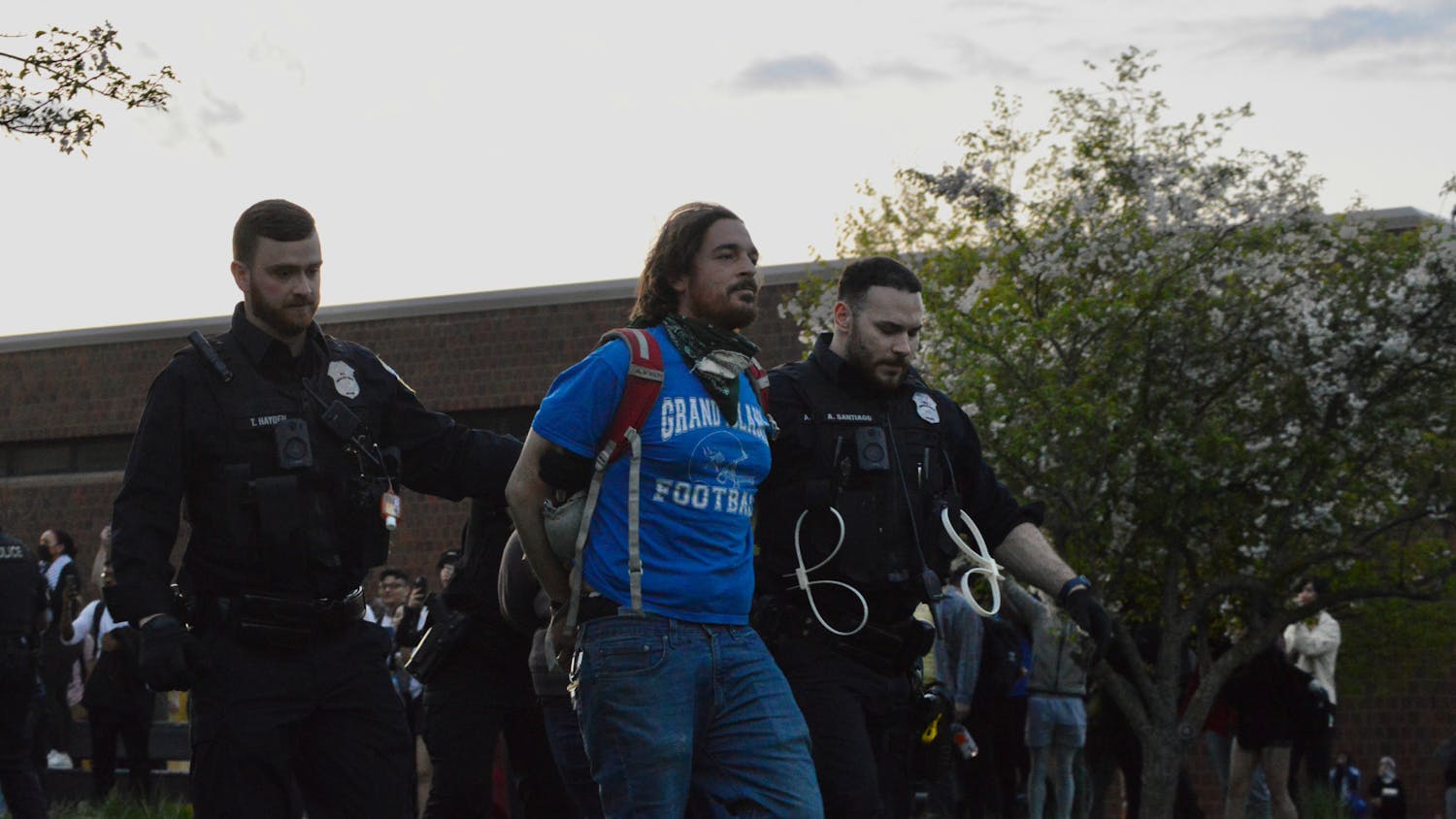It is hard to rate a film like The Good Girl, because while the performances of Jennifer Aniston and Jake Gyllenhaal are masterly, both script and directing seem too simplistic for the topics covered in the film.
Gyllenhaal plays her younger lover Holden with shining brilliance. His Good Girl performance digs a few dozen layers deeper than his previous slacker role as Warren in This Is Our Youth. Not only is Holden an (pseudo-)intellectual and a writer, he is also a tortured college dropout, an alcoholic, an obsessive, and a co-dependant.
The other players in this backwoods drama are Justine's husband (John C. Reilly), his best friend Bubba (Tim Blake Nelson), and a smattering of stereotypical coworkers. These characters range from the chipper and cheerful makeup counter lady to a disillusioned Goth teen that makes her customers look like clowns ("It's called the Cirque du Face, that means Circus of the Face," she said as she smears rouge into bright red patches on the face of one elderly patron), to a Bible-thumping security guard.
But where The Good Girl falls through is in the execution of its storyline. The tale is so simple it could be a personal ad, told in 40 characters per line for twenty dollars a day: "Dissatisfied small-town wife seeks attractive young man for torrid hotel nights and clich?(c)d declarations of undying dedication. Be forewarned; if my husband catches wind of it, I'll reject you because 'I don't want to hurt anybody.'"
The last part of the above quote, taken from one of Justine's early discussions with Holden, may point to the real reason why The Good Girl is so dissatisfying. Some might see the notion of a woman's running away with a lover as an easy out, a simple and overused dramatic advice, so I do give White credit for trying to do something different.
Also disappointing was the camera work, which is heavy-handed and even more clich?(c)d than the devices used by White to try and give the story deeper symbolic meaning. Audiences these days are too savvy for a director (in this case, Miguel Arteta) to be able to get away with simply using a hand-held camera, shaken to symbolize a character's mental distress and it is endlessly annoying to see him take such an easy way out.
Despite his attempts to build tenuous parallels between The Good Girl and The Catcher In The Rye, like its beginning and most of its contents, the end of the film is too bleak and heartless. There's no reason for most of the agony in the film; like Holden's despair, it is the simple product of teenage angst.




